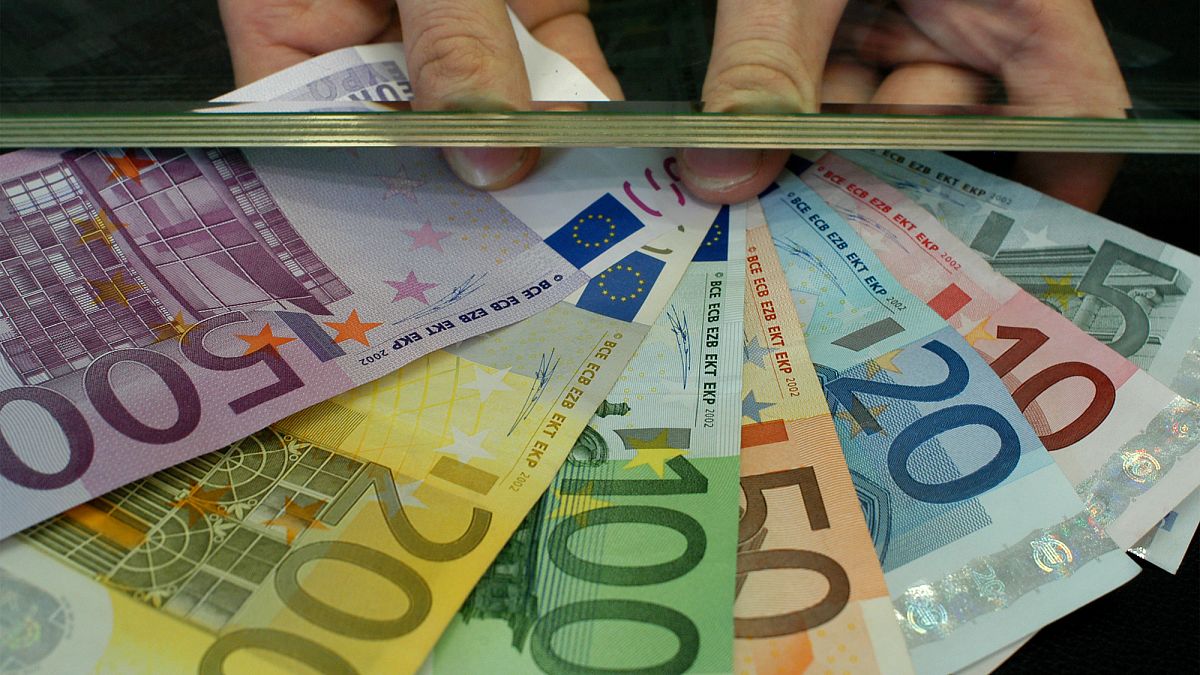As the newly elected lawmakers prepare to gather in Strasbourg for their first formal sitting since the EU elections held in June, they can expect a range of perks and benefits that come with being a member of the European Parliament. From salaries to allowances to golden parachutes, MEPs are entitled to considerable benefits while serving as EU lawmakers and even after they leave office. Here’s a breakdown of the main perks and benefits that MEPs can expect during their time in the European Parliament.
Salary is a significant perk for MEPs, as they all receive the same gross salary of €10,337 per month, which comes to €8,090 after special EU deductions. Additionally, most MEPs are required to pay additional national taxes. This salary compares favorably to those of national lawmakers, such as British MPs and French legislators, and is higher than the average salary of ordinary workers in the EU. The salary is uprated each year for inflation, providing MEPs with stable and competitive compensation throughout their time in office.
MEPs also receive a monthly expenditure allowance of €4,950 to cover office expenses in their home constituency. This allowance is highly controversial as it can be deposited directly into MEPs’ personal bank accounts without the need for justification or disclosure of spending. This has led to some controversy and legal challenges, highlighting the need for transparency and accountability in how these funds are utilized by MEPs.
In addition to their salary and expenditure allowance, MEPs are entitled to a flat-rate daily allowance of €350 when they are in Brussels or Strasbourg for parliamentary activities. This allowance is intended to cover accommodation, food, and other expenses while in the city, but MEPs must sign a register to confirm their presence and vote to receive the full amount. Missing roll-call votes can result in a reduced stipend, emphasizing the importance of active participation in parliamentary activities to receive full compensation.
MEPs are also allowed to have side jobs, with around two-thirds of them engaging in such activities. These side jobs are not always compensated, but collectively, MEPs earned an additional €8.6 million per year from outside earnings. This additional income can come from various sources, including corporations that lobby on EU policy issues, raising concerns about potential conflicts of interest and the need for transparency in these arrangements.
MEPs are entitled to a golden parachute allowance even after they leave office, such as if they are not re-elected or choose to take a job in the private sector. This allowance is equivalent to their monthly salary and is paid for a transitional period based on their length of service. Additionally, MEPs qualify for a pension when they turn 63, worth up to 70% of their salary accrued over their years of service. This provides financial stability and support for MEPs after they leave office.
Another significant benefit for MEPs is the reimbursement of travel expenses to and from the European Parliament. This includes business-class air travel, first-class rail, and refunds for car journeys. Additionally, MEPs can claim expenses for travel and accommodation when visiting other EU countries outside of official Parliament meetings. MEPs in Brussels or Strasbourg also have access to the Parliament’s fleet of vehicles for official business, providing convenient and efficient transportation options.
Overall, MEPs receive a monthly budget allocation of €29,557 to hire three to four assistants who help with administrative and policy work. While MEPs have the freedom to choose their own staff, they are prohibited from hiring close family members to maintain professionalism and impartiality. These assistants play a crucial role in supporting MEPs in their parliamentary duties and ensuring efficient and effective operations within the European Parliament, highlighting the importance of staff support in the legislative process.










